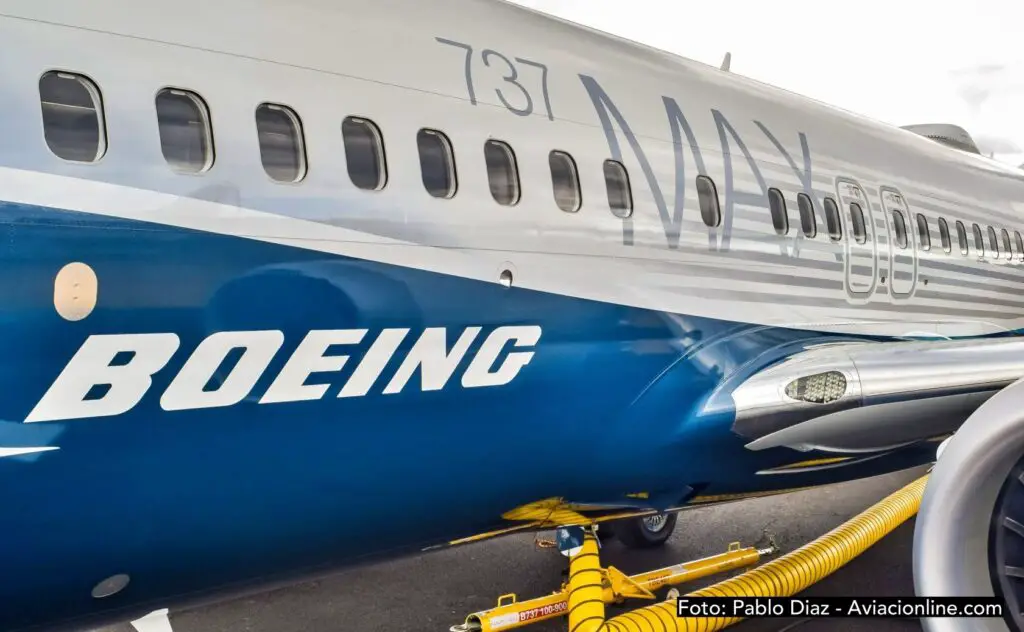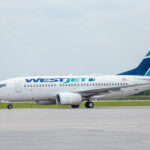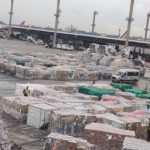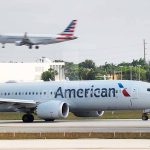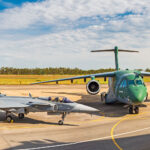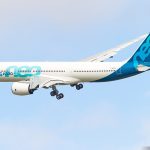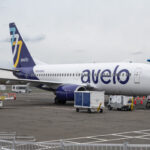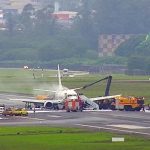The Securities and Exchange Commission (SEC) accused the Boeing Company and its former CEO, Dennis A. Muilenburg, of making materially misleading public statements following aircraft accidents in 2018 and 2019.
The accidents involved Boeing’s 737 MAX aircraft and a flight control function called the Maneuvering Characteristics Augmentation System (MCAS).
According to the SEC, after the first accident, Boeing and Muilenburg knew that MCAS posed an ongoing safety problem for the plane but assured the public that the 737 MAX airplane was «as safe as any airplane that has ever flown in the skies.»
Later, after the second accident, Boeing and Muilenburg assured the public that there were no lapses or gaps in the certification process regarding MCAS, despite being aware of contrary information.
«There are no words to describe the tragic loss of life caused by these two plane crashes,» said SEC Chairman Gary Gensler. «In times of crisis and tragedy, it is especially important that public companies and executives provide full, fair and truthful disclosures to the markets. The Boeing Company and its former CEO, Dennis Muilenburg, failed in this most basic obligation.»
«They misled investors by providing assurances about the safety of the 737 MAX, despite knowing of serious safety concerns. The SEC remains committed to rooting out misconduct when public companies and their executives fail to meet their fundamental obligations to the investing public,» he concluded.
According to the SEC, a month after Lion Air Flight 610, with a 737 MAX aircraft, crashed in Indonesia in October 2018, Boeing issued a press release, edited and approved by Muilenburg, that selectively highlighted certain facts from an official Indonesian government report suggesting that pilot error and poor aircraft maintenance contributed to the crash.
The press release also gave assurances of the plane’s safety, failing to disclose that an internal safety review had determined that the MCAS represented an ongoing «aircraft safety issue» and that Boeing had already begun redesigning the MCAS to address that issue, according to the SEC.
Approximately six weeks after the March 2019 crash of Ethiopian Airlines Flight 302 with another 737 MAX, and the grounding by international regulators of the entire 737 MAX fleet, Muilenburg, while aware of information questioning certain aspects of the certification process related to MCAS, told analysts and reporters that «there was no surprise or loophole (? ) that somehow slipped out of the certification process» for the 737 MAX and that Boeing «has come back and confirmed again … that we follow exactly the steps in our design and certification processes that consistently produce safe airplanes. »
«Boeing and Muilenburg put profits over people by misleading investors about the safety of the 737 MAX, all in an effort to rehabilitate Boeing’s image after two tragic accidents that resulted in the loss of 346 lives and untold suffering for so many families,» said Gurbir S. Grewal, Director of the SEC’s Division of Enforcement. «But public companies and their executives must provide accurate and complete information when they make disclosures to investors, no matter the circumstances. When they fail to do so, we will hold them accountable, as we did here.»
According to our media partner Aeroin, the SEC’s orders against Boeing and Muilenburg find that they negligently violated the antifraud provisions of the federal securities laws.
Without admitting or denying the SEC’s findings, Boeing and Muilenburg have consented to cease and desist orders that include fines of $200 million and $1 million, respectively. A Fair Fund will be established for the benefit of aggrieved investors pursuant to Section 308(a) of the Sarbanes-Oxley Act of 2002.

